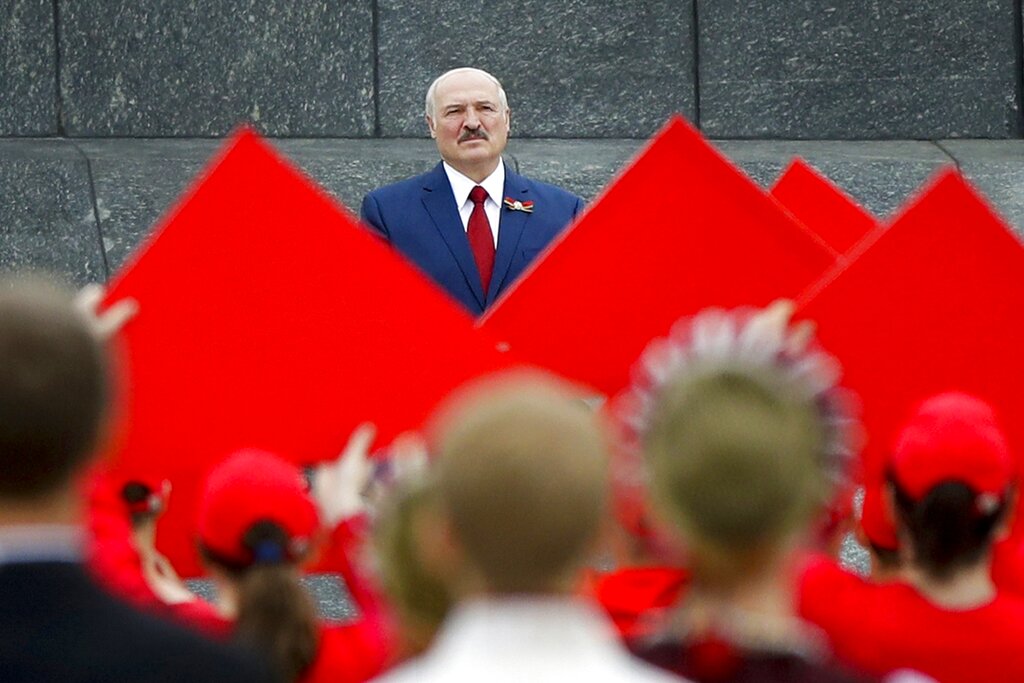In his essay “The Poverty of Small Eastern European States,” Hungarian historian István Bibó draws dramatic attention to the fact that the peoples of Central Europe, trapped between the great Western and Eastern empires of all time, have always been systematically pushed to attack each other by “someone.”
Today, we can often experience the professional way this “someone” works. He is increasingly showing that in any situation, he is able to provoke conflicts with incredible precision, where all the players automatically become participants in a negative-sum game. Game theory talks about a game with a negative sum when a space of conflict as a self-aggravating vortex develops, where basically everyone loses. Even though everyone knows that everyone loses, every player still has an increasingly brutal determination to commit suicide.
Small states in Eastern Europe have been sinking deeper and deeper into this self-destructive war against everyone for at least the last 500 years, and this has been interrupted for at most short periods by attempts by some groups to exit from this game of collective suicide (such as Visegrád Four cooperation over the past 30 years).
What is happening on the Polish-Belarusian border recently shows, with tragic precision, who is the main instigator of the region’s great series of historical dramas, and how hopeless any solution can be in a historical situation where the amorphous paranoid temptations of unprocessed historical trauma result in all the right conditions for the negative grand game that constantly plays out in Central Europe.
The West, in its attempts to steer Belarus towards “democracy,” has been increasing its sanctions against the Lukashenko regime. But now Lukashenko has raised the stakes by responding in kind.
He now says that if the European Union has so much respect for human rights and considers unrestricted migration to be a fundamental human right, here it is! Or, if it turns out that this is simply rhetoric on the part of an EU that uses human rights as a weapon against other — with rather arbitrary selectivity, as has now been revealed — then “let’s agree on a tie,” and finally forget the sanctions against Belarus.
The idea of, “Let’s settle in a draw,” according to game theory, would mean moving from a suicidal negative-sum game to a zero-sum game, which could be a very serious step forward. But so far there is no sign of this, and even now all stakeholders are increasingly searching for their own truth. The “non-existent” world power, which still exploits the misery of the small states of Eastern Europe in a professional manner and is its main destructor, can once again lean back in its armchair.





